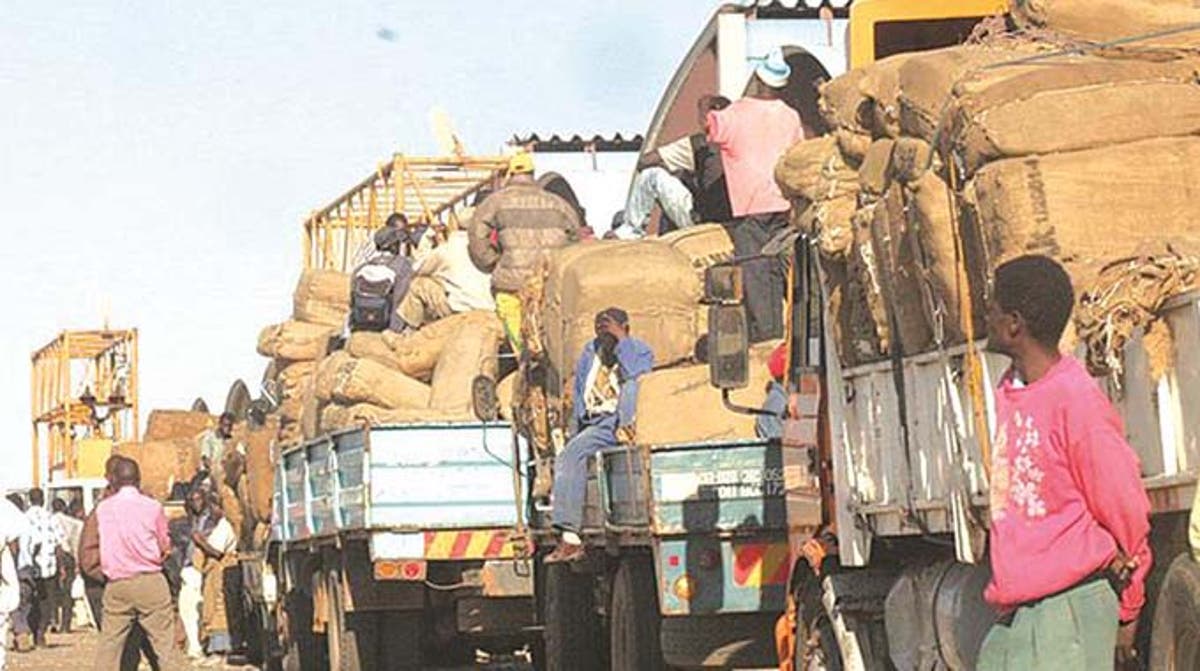Steep hike in Harare City charges
Harare City Council yesterday announced a four-fold increase in water and sewer charges and an almost 10-fold rise in refuse collection charges with effect from November 1, meaning that an average high-density family will have to pay $450 a month for water, $189 for a single toilet and $270 for one bin a week, bringing the total to $909 a month.
For low-density suburbs the equivalent will be $500 for the water, $388 for the single toilet and $383 for the bin, giving a total of $1 271 a month.
Harare Mayor Councillor Jacob Mafume described the increases as “a little bit more” while residents’ associations are calling for consultations.
According to the approved tariffs, the monthly refuse collection charge per one weekly bin in high-density areas is now $270 up from $28 and in low density areas it is now $383 up from $42. Daily refuse collection for commercial properties is now $1 380 up from $265 while weekly is $779 up from $72.
Water for high-density suburbs sees the first five cubic metres being charged at $90 a cubic metre up from $20. This means that 5 000 litres, the minimum an average family needs, is now $450.
The next five cubic metres will cost $98 a cubic metre, the next 10 cubic metres $100 a cubic metre and everything above 20 cubic metres $110 a cubic metre.
Bulk water is now $100 a cubic metre, up from $20.
In low-density suburbs, water charges also increased four-fold where the first five cubic metres are now $100 a cubic metre up from $25, the next five cubic metres will cost $106 a cubic metre, the next 10 cubic metres $108 a cubic metre and everything above 20 cubic metres will cost $110 a cubic metre.
Water charges for industrial and commercial users have risen almost seven times to $112 a cubic metre up from $15.
Sewer charges have increased to $189 a toilet in high-density areas from $41, and $388 a toilet in low-density areas, up from $91 and commercial areas is now $83 up from $18.
Emptying of septic tanks for residential properties per load or part thereof, including transport cost per prevailing AA rates per every kilometre covered is now $5 100 up from $2 000.
The city increased three-fold pay toilet fees and one will have to fork out $30, up from $10.
Trenching fees per hour is now $3 400 up from $1 500. The inscription of posters per every 50 or part thereof is now $4 250 up from $1 250.
Justifying the increase, Mayor Mafume said the supplementary budget seeks to raise the tariffs that the council is charging as one of the measures to deal with the current water problems, which is due to the cost of chemicals.
He said the cost of chemicals was increasing and they owe suppliers over $350 million.
“The system should be simple. We should be able to at least recover the cost of the chemicals that we use, but at the moment we cannot do so,” he said.
“What this supplementary budget seeks to do is to adjust the cost of issues in the WASH cluster. Unfortunately the residents will have to pay a little bit more, but that is the cost of cleaning or distributing the water in a clean state.”
Zimbabwe National Organisation of Associations and Residents Trust head Mr Shepherd Chikomba said the increases were unfair on the residents.
“We wonder what methodology they used to come up with these figures. Why are we having these steep increases when the local currency has been stable?” he said.
“As residents we were not consulted. We demand to be heard.”-herald.cl.zw










